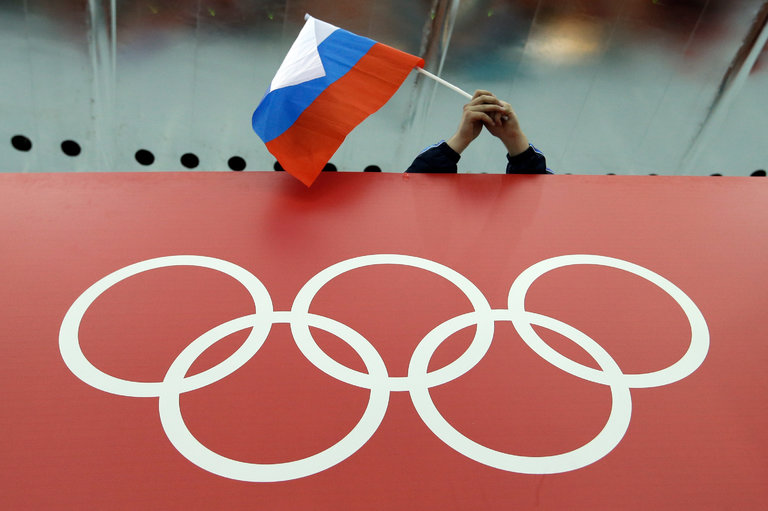
Concerns have been raised by one of Russia’s leading athletes after 36 competitors suddenly withdrew from the Siberian Indoor Championships in Irkutsk when drug testers paid a surprise visit.
It has been reported by BBC Russia that the Russian Anti-Doping Agency (RUSADA) will be given all the names of those who withdrew.
Those who withdrew, either due to an unspecified “illness” or for no given reason, reportedly include middle-distance runner Natalya Aristarkhova.
Ten other athletes are said to have withdrawn from the senior-level competitions while the remainder were from junior and youth events.
This does not mark proof of doping, but is suspicious nonetheless.
Sergey Shubenkov, the 2015 world 110 meter hurdles champion who won a silver medal at last year’s event in London, tweeted: “Doping control drove in…Is that why a couple of dozen withdrew before the beginning.”
Russian Athletics Federation President Dmitry Shlyakhtin also said he was not surprised by what had happened.
“We went to this, prepared this situation, because we understand that we have a lot of problems at the bottom [of athletics in Russia],” he was quoted as saying by BBC Russia.
“Strengthening of doping testing at regional level competitions was our initiative.
“Our suspicion that the doping situation hasn’t improved in all regions has increased even more.
“But I cannot say that the athletes have withdrawn from the competition because they used illegal drugs until the relevant documents have been received.”
Aristarkhova had clocked a superb 3,000 meter steeplechase personal best of 9:06.01 last month and had been considered a big favorite.
There have been suggestions in the Russian media that she was “visibly sick” and also mourning the death of her mother.
Russia remains suspended from the International Association of Athletics Federations due to doping problems.
They are still yet to fulfill a series of re-compliance criteria to allow the suspension to be lifted.
Shubenkov was among athletes barred from the Rio 2016 Olympic Games due to the ban, but has never been directly implicated in doping.
A 2016 World Anti-Doping Agency report revealed problems with in and out-of-competition testing in Russia across many sports.
This included testers facing athletes running away rather than provide samples, as well as the presence of intimidating FSB officials and – in one case – an athlete who tried to pay a bribe after a failed attempt at switching urine samples.
By Nick Butler
Republished with permission from insidethegames.biz.